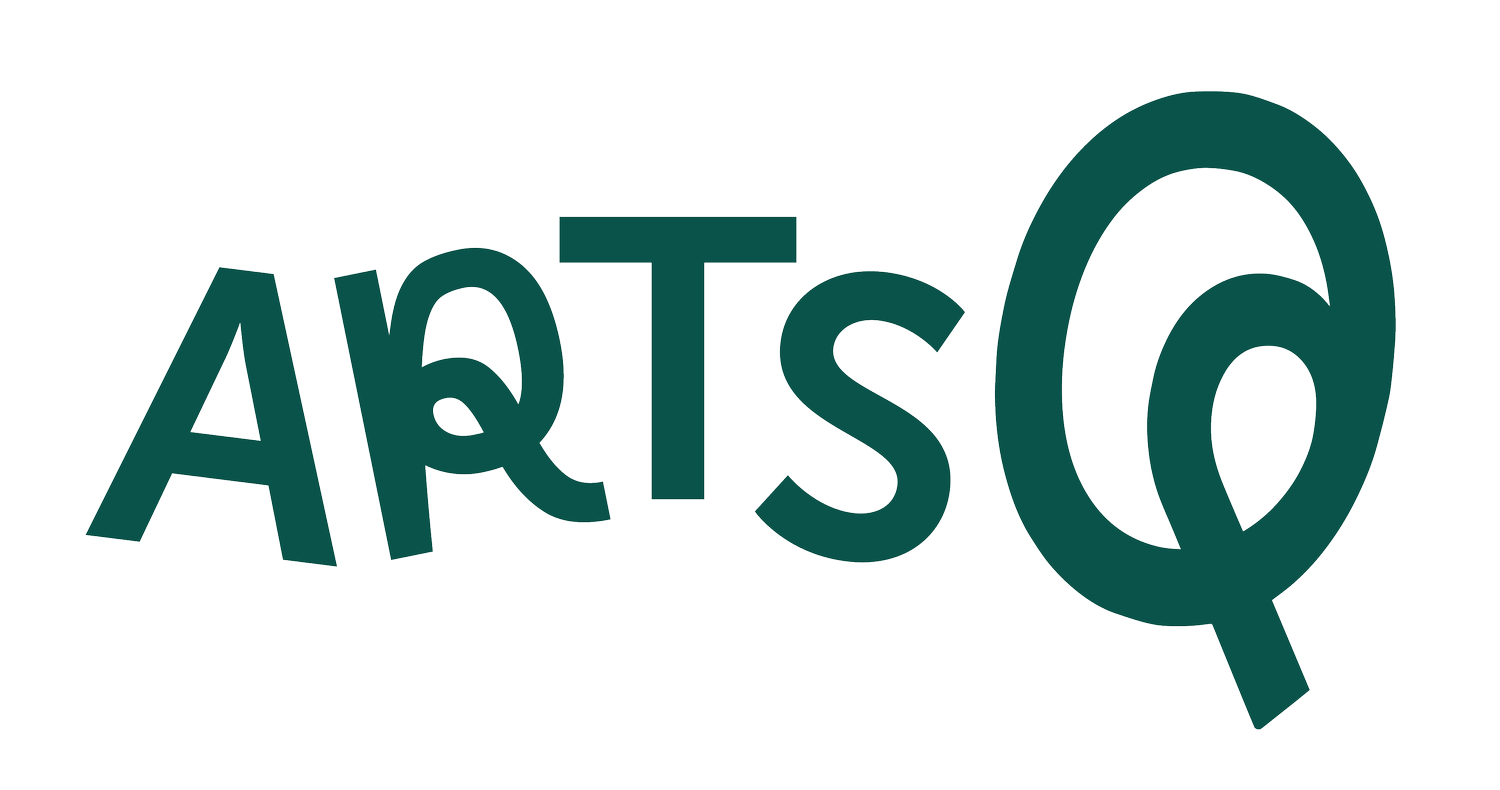Antlered and Tongued Figures in Ancient China
In this video, we examine a sculpture of a fantastic hybrid tomb beast with staring eyes, a fanged jaw, a serpentine neck, and real deer antlers in the Brooklyn Museum of Art. This antlered and tongued sculpture is a characteristic example of funerary sculpture from Chu, a powerful kingdom that occupied south China during the Eastern Zhou period, which lasted from 771–221 BCE.
We explore the function and meaning of the antlered and tongued sculptures of Chu and explain why knowledge of strange monsters was important in early Chinese history.
This video is perfect for anyone looking to learn more about:
Early Chinese art
Funerary art
Monsters and hybrid animals
Death and the afterlife in early China
Art History
Speaker: Dr. Cortney Chaffin Kim
CHAPTERS
0:00 Introduction to an antlered and tongued tomb sculpture in the Brooklyn Museum of Art
00:20 What is an antlered and tongued tomb sculpture?
01:46 Antlered and tongued sculptures of the Chu kingdom in ancient China
02:28 Tomb guardians or something more?
Check out our entire glossary of art history: https://www.artsq.org/about-key-terms-ideas-art-history





